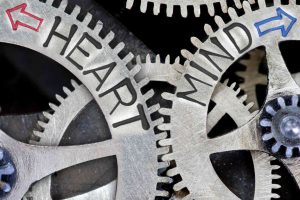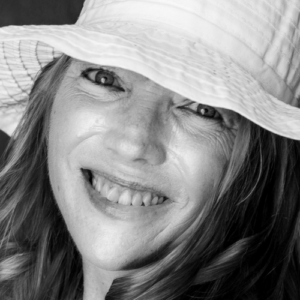 We’ve heard it many times in Hollywood- Celine Dion was the youngest of 14 children and had very little material wealth growing up, but had love. Shania Twain grew up hungry and impoverished. Jim Carrey dropped out of high school to help the family pay their bills, working as a janitor and security job, only to have the family lose their home and live in a van. (Business Insider)
We’ve heard it many times in Hollywood- Celine Dion was the youngest of 14 children and had very little material wealth growing up, but had love. Shania Twain grew up hungry and impoverished. Jim Carrey dropped out of high school to help the family pay their bills, working as a janitor and security job, only to have the family lose their home and live in a van. (Business Insider)
We have been inundated with stories like these but perhaps we don’t believe them or we do not believe it can happen to us. What’s the difference between these people and us? Their talent? Their fortitude? Their belief in themselves? Their faith? We’d have to dig deeper into the stories but I have seen this with my own children. My husband and I have adopted 13 children in our 22 years of marriage and have never reached perfection but we have put our heart and soul, energy and money into raising our children. We love them for who they are, not who we wish they were- but even with the positives we tried to give our children, some of them choose to see the negative or even twist the positive into negative. Is this the difference between someone who rises from the ashes to be successful and someone who treads water in life? Our attitude and perception? Upon hearing our story of adoption, many people try to put an easy label on our ‘success’ rate (I’m defining success here as the children who have stayed in touch, have a positive attitude about their adoption experience and have not gone to jail as young adults.) “It must be the age.” Outsiders have always assumed it was the age our children were adopted at-and that would be their potential. Not so. We adopted a 16 year old boy – everyone told us not to – solely based on his age. He has risen from the ashes. He has a stable marriage, 3 children and works for a living. He goes to church when he is not working and he stays in regular touch with us. Based on his many late night talks with us, he seemed to have a perception that his abusers were ‘jerks’ and his mother is too needy to nurture him and makes poor choices in her life. He also realized that we did not have to adopt him, but chose to adopt him and take care of him. On the flip side, two of our children, now adults, view adoption as the worst thing that ever happened to them. The part that makes me want to cry is that they were thrilled to be adopted at age 10, happy growing up, and knew they were loved by us. Somewhere along the line, they decided to label adoption as the root of their problems. Sad. As young children, they were horribly abused by their biological parents. As they grew up in foster care, they never felt the stability they needed to grow up happy and healthy. But as they reached adulthood, they find it hard to put the blame where it needs to be. Their perception, insight, faith, belief in themselves, attitude- is one of the victim role rather than rising from the ashes. They do not feel worthy of love or success. They do not understand what love or happiness is. Is it too late for them? Are they a lost cause? I wouldn’t be adopting if I felt they were a lost cause. I think you can learn to have a different outlook on life if you consciously make an effort to be grateful for what you have and make better choices in life. After all, it doesn’t matter what your beginning was in life, it’s the rest of it that matters-who you become. (Kung Fu Panda)
Tell me your thoughts.


